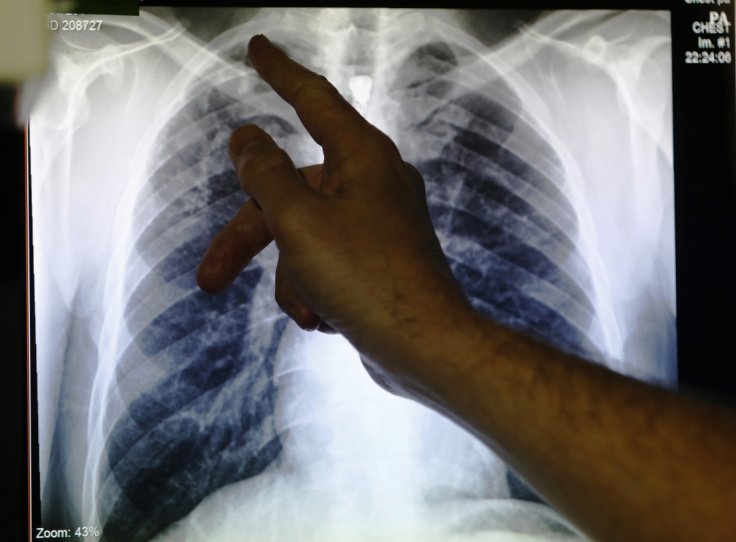
As many as seven million people received record levels of lifesaving TB treatment last year largely due to improved detection and diagnosis, but three million still missed out due to severe underfunding and lack of access to care, the World Health Organisation (WHO) has said.
The WHO in a report said global diagnosis and treatment of the disease was up from 6.4 million in 2017 to seven million in 2018, and there was a reduction in the number of TB deaths from 1.6 million in 2017 to 1.5 million deaths in 2018.
Highlighting the steady decline in the number of new cases of TB in recent years, the report, however, said the burden remained high among low-income and marginalized populations as about 10 million people developed TB last year.
Dr. Tedros Adhanom Ghebreyesus, WHO Director-General, said the report was a testament to global community's efforts in eradicating the disease through Find.Treat.All.EndTB joint initiative of WHO, Stop TB Partnership, as well as, the Global Fund to Fight AIDS, TB, and Malaria.
Noting that an estimated three million people still were not getting the care they needed, the Global TB Report highlighted the need to accelerate progress if the world was to reach the Sustainable Development Goal of ending TB by 2030.
The report suggested that fragile health infrastructure and workforce shortage in many countries was impeding the world community's efforts in timely diagnosis and treatments of TB.
"Weak reporting systems are another problem: health providers may treat people but fail to report cases to national authorities, leaving an incomplete picture of national epidemics and service needs," the report added.
Dr. Tedros in a statement said sustained progress on TB would "require strong health systems and better access to services", urging the need for renewed investment in primary health care and a commitment to universal health coverage.
The report suggested drug resistance, one of the most dangerous health issues facing the world, according to the WHO, which remained another impediment to ending TB as about half a million new cases of drug-resistant TB were diagnosed in 2018.
Dr. Tereza Kasaeva, Director of WHO's Global TB Programme, explained that working across different sectors was key to eradicating TB, underscoring the need for increased funding in combatting the disease.
The organisation estimated there was about $3.3 billion shortfall of funds this year in preventing and treating the disease, while an estimated $1.2 billion lacked in TB research and development for new vaccine or effective preventive drug treatment and safer, simpler, shorter drug regimens to treat the disease with the highest in Bangladesh, China, India, Indonesia, Nigeria, Pakistan, the Philippines, and South Africa.
The report said the World Health Assembly-approved Global TB Strategy aimed for a 90 percent reduction in TB deaths and an 80 percent reduction in incidence rate by 2030 of the disease caused by Mycobacterium tuberculosis that most often affect the lungs.








